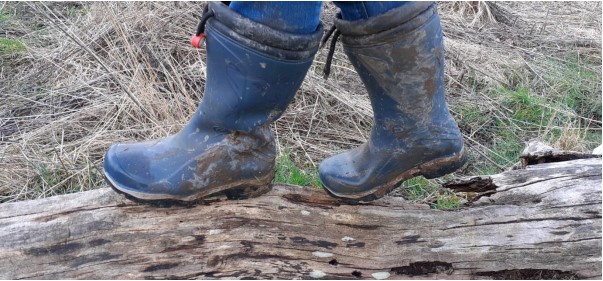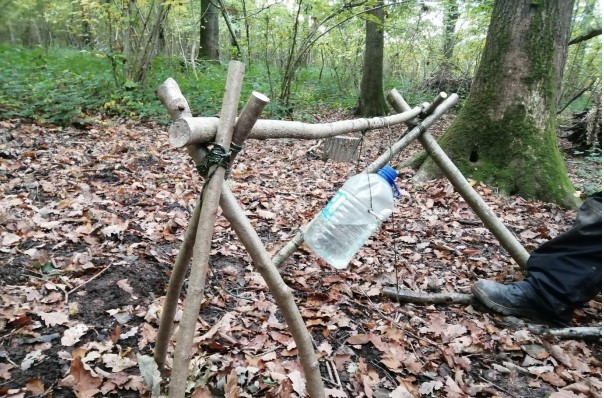A free-to-access guide to help woodland owners create space for forest education has been collaboratively produced by the Royal Forestry Society, Forestry England and forest school training provider, Cambium Sustainable.

The document, Developing a woodland space for educational access, supports landowners who wish to open their woodlands for learning activities. It offers practical advice on establishing a safe space for children and young people to learn and explore.
Recent reports from Natural England have highlighted the sizeable benefits of outdoor learning in natural environments. Woodlands, in particular, provide engaging settings for children and young people to explore, discover and gain hands-on experiences to support their physical health and mental well-being.
Additionally, forest education gets children interested in woodlands and the outdoor world from a young age, fostering their skills and laying the groundwork for future generations of foresters and land-based professionals. The document highlights that learning outside can be delivered in low-cost ways and is easier to implement than woodland owners might think.
It covers both occasional visiting groups and regular, year-round activities, addressing crucial aspects such as land use designations, insurance requirements, tree safety assessments and ecosystem impact management. It also provides insights on creating inclusive spaces that cater to diverse needs, including those with physical disabilities.
Key features of the guidance include:
- Site selection criteria for educational spaces
- Pre-visit preparations and safety considerations
- Advice on creating paths, boundaries, and signage
- Options for temporary and permanent site facilities
- Ecosystem impact management
The guidance was produced as a Forest Education Network, England (FENE) collaboration. FENE offers free guidance for educators via a Resource Hub hosted on the RFS website. The guides explain how to teach various subjects in a forest environment, from maths and English to art and design & technology. The Hub also includes advice on tree planting for schools and training materials covering woodland ecosystems, tree health, risk and impact assessments.
